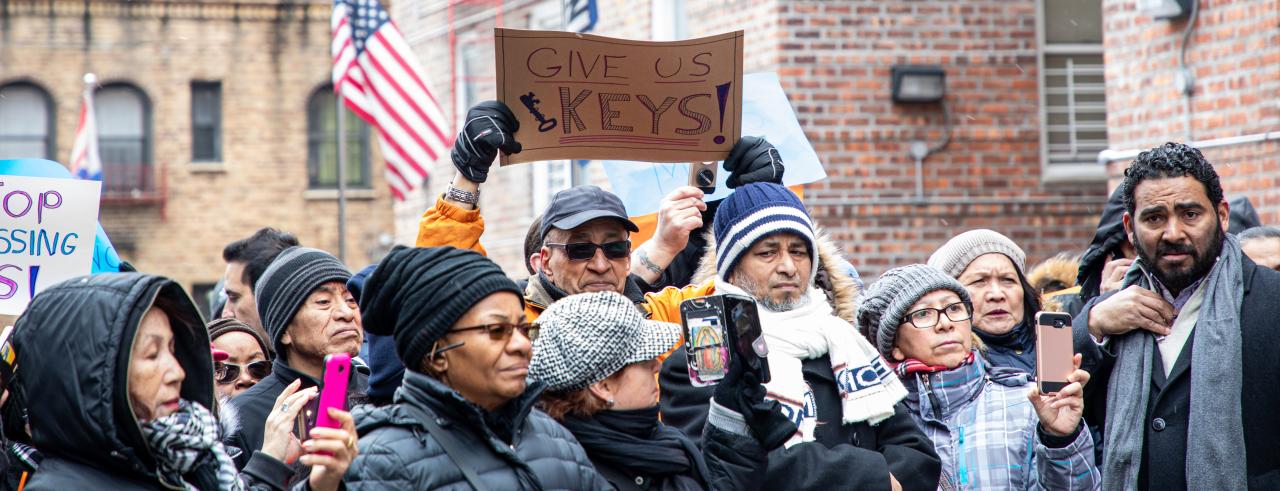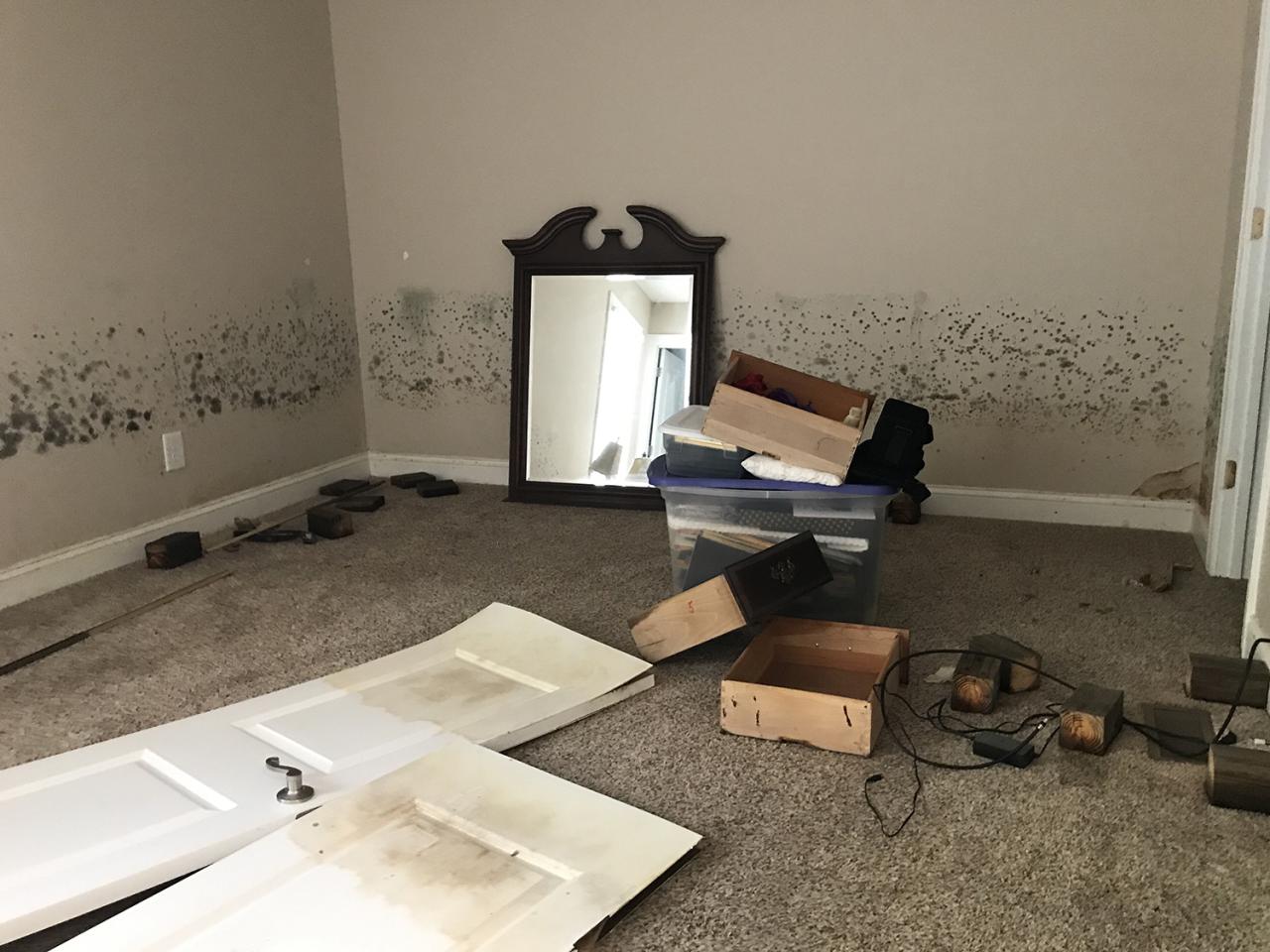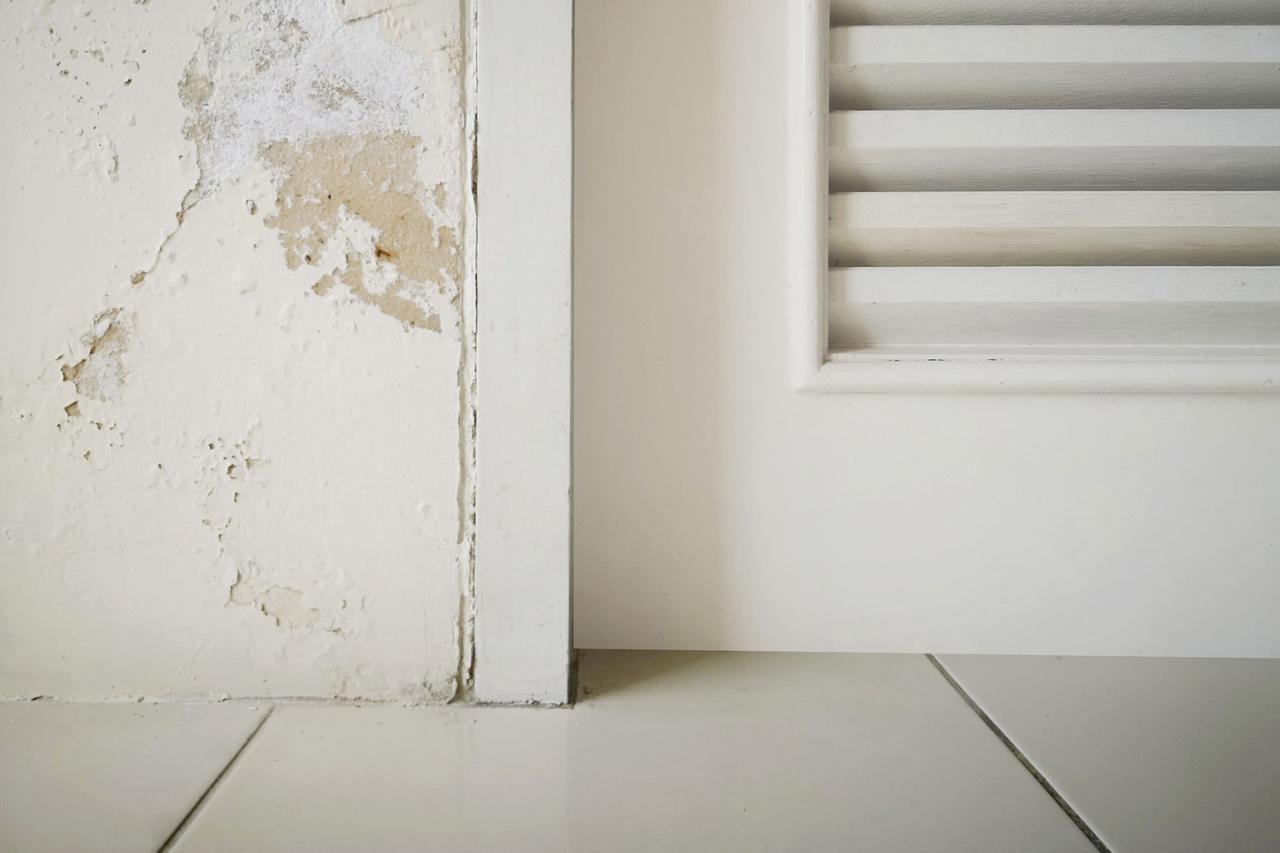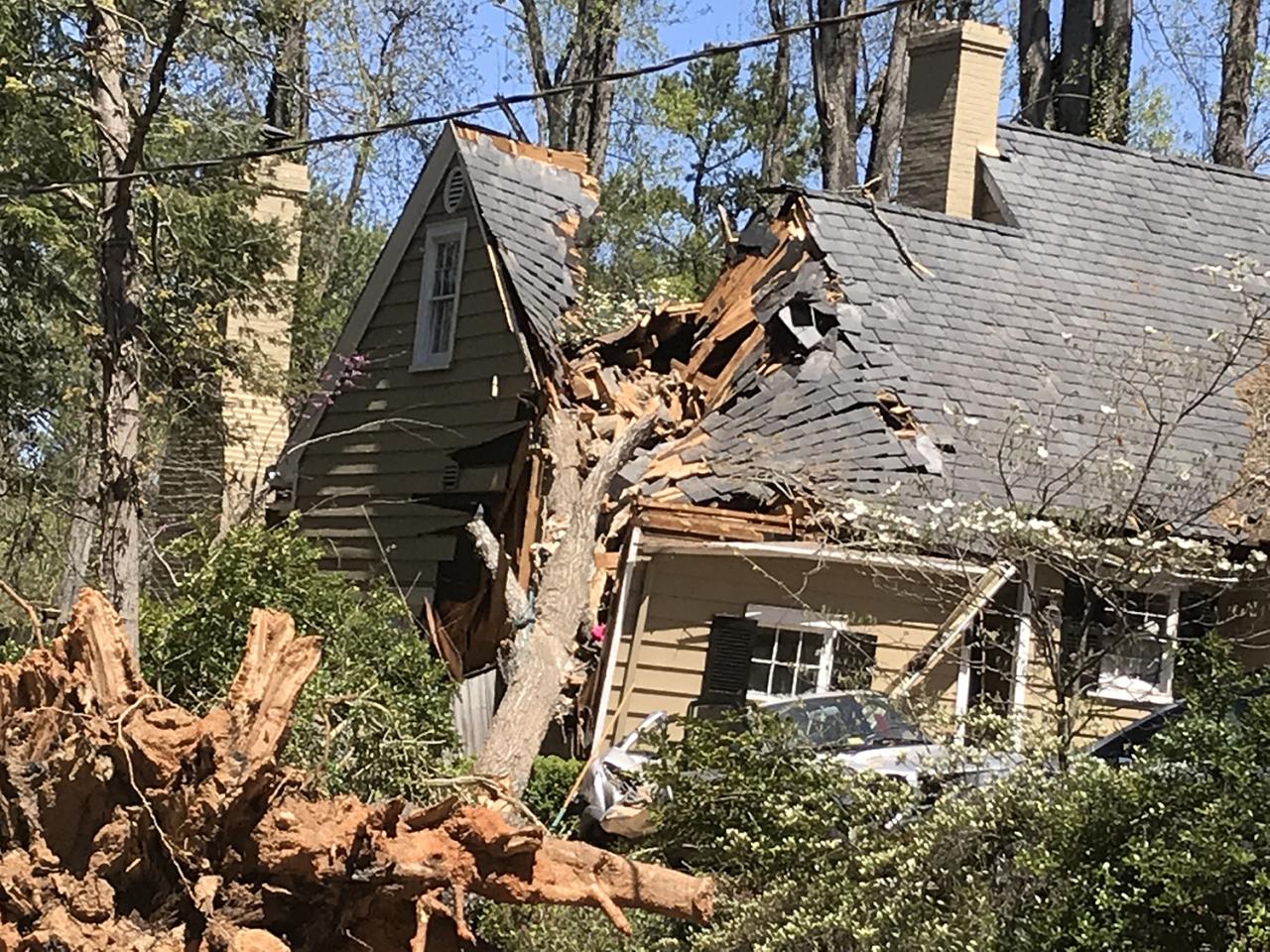Tenants
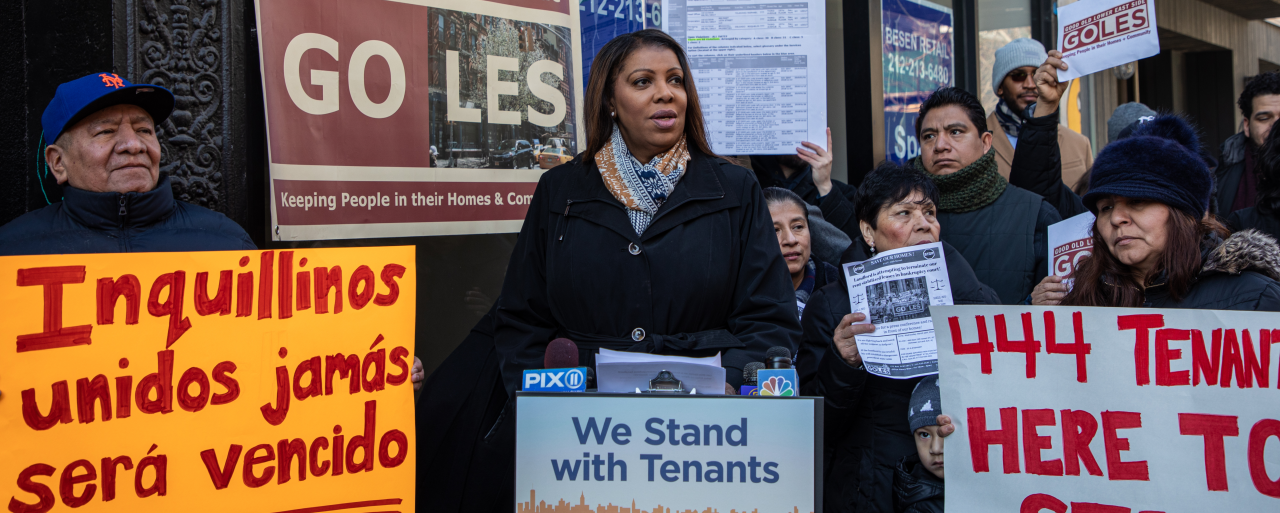
Tenants’ rights in New York
Throughout the state, the contract between a tenant and landlord is an important agreement that defines how renters will occupy their home and how owners will maintain their property.
The laws that govern your relationship with your landlord depend on which county or town you live in. Use the resources below to understand these laws and answer your rental questions.

Tenants' rights
Learn about leases, rent, livability, safety, utility services, and tenants' personal protections (not including co-op or condominium housing).
Rent and security deposits
Rent charges
When an apartment is not rent regulated, a landlord is free to charge any rent agreed upon by the parties. If the apartment is subject to rent regulation, the initial rent and subsequent rent increases are set by law, and may be challenged by a tenant at any time. However, recovery of rent overcharge is limited to either four or six years preceding the complaint depending on when the complaint is made.
Late fees
A rent payment can only be considered late if it is received more than five days after it is due. The most your landlord can charge as a late fee is $50 or 5% of your monthly rent, whichever is less (Real Property Law § 238-a).
Tenants can use the failure by the landlord to provide this notice as an affirmative defense in a nonpayment of rent case.
Rent security deposits
At the beginning of their tenancy, all tenants can be required to give their landlord a security deposit, but it is limited to no more than one month’s rent. The one-month limit means that a landlord cannot ask for last month’s rent and a security deposit. However, if the lease is renewed at a greater amount or the rent is increased during the term of the lease, the landlord is permitted to collect additional money from the tenant to bring the security deposit up to the new monthly rent. Landlords, regardless of the number of units in the building, must treat the deposits as trust funds belonging to their tenants and they may not co-mingle deposits with their own money.
Landlords of buildings with six or more apartments must put all security deposits in a New York bank account earning interest at the prevailing rate. Each tenant must be informed in writing of the bank’s name and address and the amount of the deposit. Landlords are entitled to collect annual administrative expenses of 1% of the deposit. All other interest earned on the deposits belongs to the tenant. Tenants must be given the option of having this interest paid to them annually, applied to rent, or paid at the end of the lease term. If the building has fewer than six apartments, a landlord who voluntarily places security deposits in an interest-bearing bank account must also follow these rules.
Housing discrimination
Everyone, regardless of income or ability, is entitled to equal access to services and public accommodations.

Tenant harassment
It is illegal for landlords in New York to retaliate against tenants who make a good-faith complaint to them or to a government agency. These complaints may include violations of health and safety laws, issues with habitability or non-repair of the premises, or violations of rights under a lease. All tenants* are protected from this kind of retaliation by law. It is presumed that a landlord is retaliating if:
- Within one year of your making a complaint, your landlord substantially alters the terms of your rental agreement. This includes: refusing to continue to rent to you, failing to renew a lease after your lease has expired, or offering a new lease with an unreasonable rent increase.
- Within one year of your making a good-faith complaint, your landlord brings an eviction case against you. If you inform the court that you made such a complaint within one year of the eviction proceeding, the law requires your landlord to show that the eviction is not retaliatory. The eviction proceeding will be terminated if your landlord fails to prove that the eviction was not retaliatory.
* Includes all tenants except those living in owner-occupied dwellings with fewer than four units.
New York City
Here are tips on what you can do as a tenant to protect yourself from harassment by your landlord.
Outside New York City
Here are tips on what you can do as a tenant to protect yourself from harassment by your landlord.
Tenant organizations
Tenants have a legal right to organize. They may form, join, and participate in tenant organizations for the purpose of protecting their rights. Landlords must permit tenant organizations to meet, at no cost, in any community or social room in the building, even if the use of the room is normally subject to a fee. Tenant organization meetings are required to be held at reasonable times and in a peaceful manner which does not obstruct access to the premises (Real Property Law § 230).
It is illegal for landlords in New York to retaliate against tenants for participating in tenant organizations. It is also illegal for landlords in New York to retaliate against tenants who make a good faith complaint to them or to a government agency about violations of health and safety laws, issues with habitability or non-repair of the premises, violations of rights under a lease, or rent gouging.
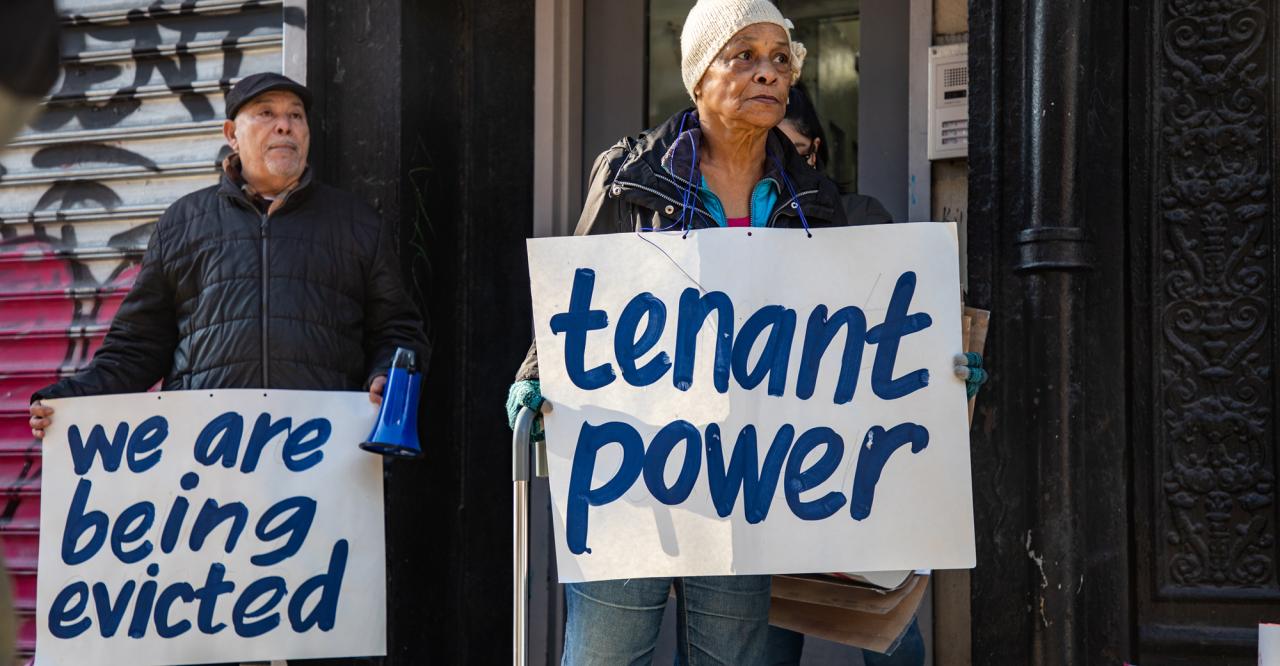
New York State Good Cause Eviction Law
If you are a renter in New York City, Albany, Ithaca, Kingston, Poughkeepsie, Rochester, Beacon, Newburgh, Nyack, Hudson, New Paltz, Rochester, Fishkill, Catskill, Croton-on-Hudson, or Binghamton you may be protected by the Good Cause Eviction Law, which went into effect on April 20, 2024. Under this law, most landlords cannot evict their tenants or refuse to renew their leases just because their lease has expired.
Landlords must now have good cause to evict you. There are still some instances when a landlord can refuse to renew a lease or bring a tenant to court because their lease has expired. However, these instances are now limited.
The law also limits the amount your landlord can increase your rent when you renew your lease. The law does not affect tenants in rent-regulated apartments, who are already protected from eviction without cause.
Health and safety in your home
Your landlord is responsible for protecting the health and well-being of people living in your home.
Hiring a moving company
Find out if a mover is licensed by the New York State Department of Transportation (NYSDOT) for moves wholly within New York, and by the Federal Motor Carrier Safety Administration for moves between New York and another state.




